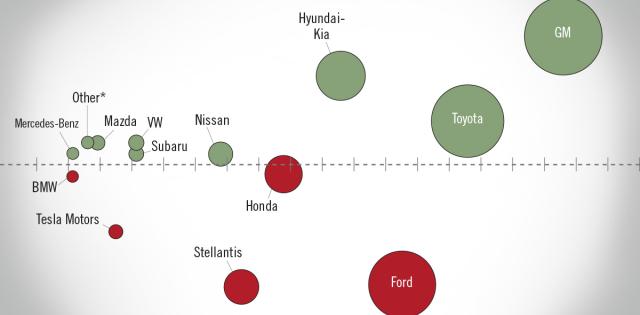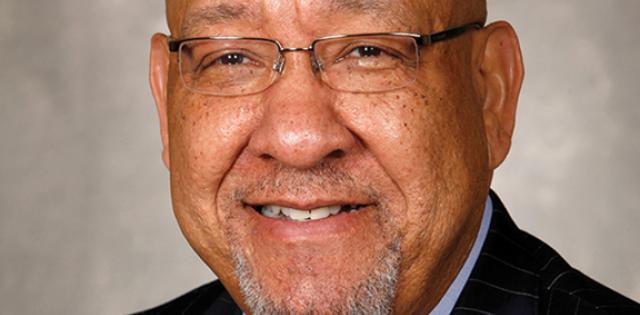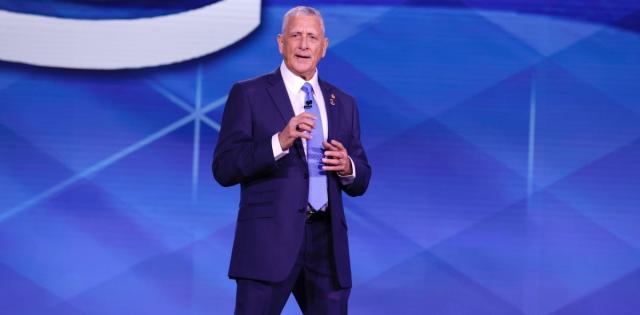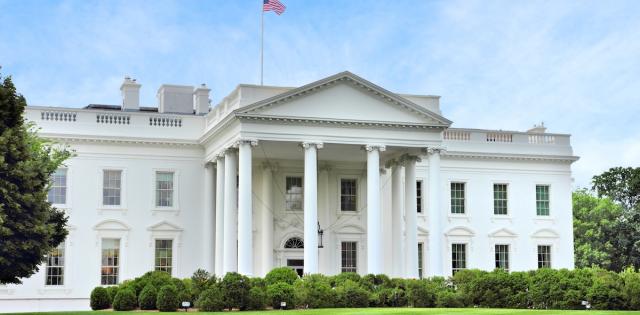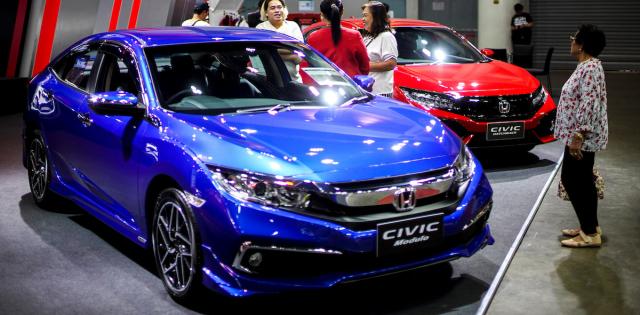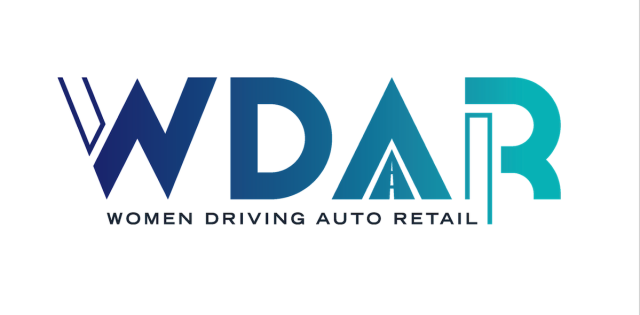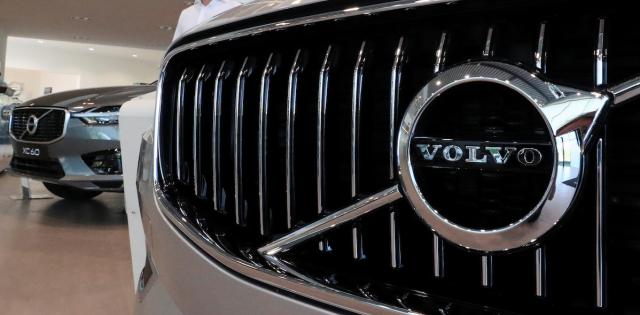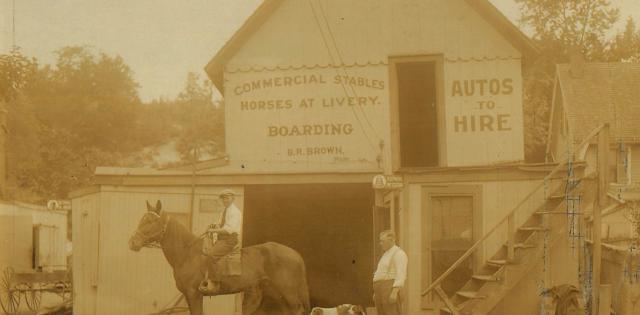Buick is counting on its dealer network to invest in electric — and believes its dealers are a competitive advantage when it comes to selling and distributing EVs. The manufacturer announced this week that it will require dealers to invest in tooling, training, and other electric vehicle (EV) equipment, which will average to $300,000 to $400,000, varying by store.
"We see Buick's dealer network as a business advantage, and they will remain a critical part of the retail and relationship chain with customers," Buick spokesman Sean Poppitt said in a company statement.
Buick plans to have a 100% electric lineup by 2030 and will not introduce any new gasoline-powered vehicles after 2024. The manufacturer has offered dealers, who are not interested in making the necessary EV investments, a buyout alternative, similar to Cadillac’s option in 2020. However, the OEM sees its nearly 2,000 dealers as an advantage in their plans to electrify.
Buick joins the list of legacy auto manufacturers that continue to publicly embrace and recommit to their dealer networks, understanding that dealers are crucial to their success as an EV manufacturer and to mass-market adoption of EVs .
Effectively selling to these mass-market customers requires leveraging – not rejecting – the existing franchised dealership network. EVs are currently a niche market owned by only one percent of U.S. drivers. Those drivers are not reflective of the market.
Consumers want electric education, financing options, and service (exhibited by the over the 11,000 Tesla vehicles that were serviced by GM dealers in the past two years). To effectively bring EVs to the broader market, manufacturers should use the system consumers already know and trust: the sales and service process of franchise dealers.



